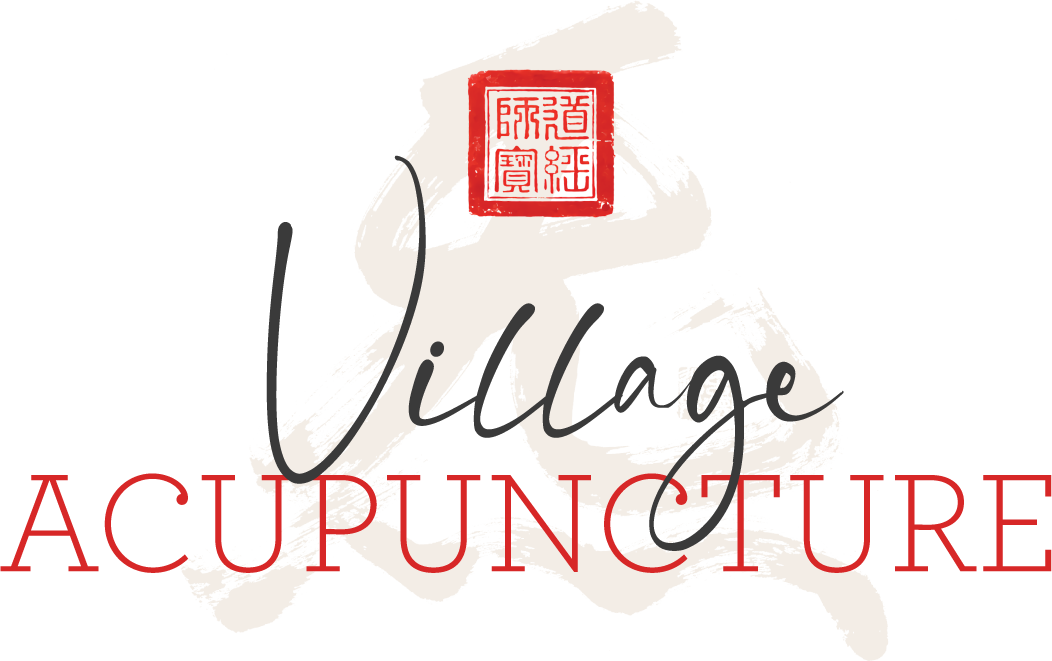The Organ Systems in Chinese Medicine
Maybe you've been to your acupuncturist and heard, "Your Spleen's weak and that's why your digestion's acting up." But wait a minute—isn't the spleen a small organ that filters blood and influences the immune system? What does that have to do with digestion?
Or maybe you were feeling tired and your acupuncturist told you your Kidney qi is weak—does that mean you need dialysis? Probably not.
The organs in Chinese medicine are tricky to understand because they belong to a different conceptual framework. In Western medicine, organs are physical entities that perform specific functions. In Chinese medicine, each organ is a complex energetic system which encompasses anatomical, mental, emotional, and spiritual aspects.
Let's start with the so-called "five yin organs" because if we understand their actions, we can begin to understand Chinese medicine and learn how to care for ourselves in new ways.
The Heart
The Heart is considered the Emperor of the internal organs because it houses the Mind, which in Chinese is called the Shen. Our thinking, feeling, and consciousness—all depend on the Heart. Its associated emotion is joy and its sound is laughter. When the Heart qi is healthy, we feel bright and clear, we find contentment amidst life's turmoil, and our sleep is undisturbed. The Heart is easily irritated by heat, which is why many of the herbs that soothe it are cool in temperature and sour or bitter in taste. (Interestingly, the same is true in the Ayurvedic medical system!) But more on herbs and flavors later....
The Liver
Adult life can really wreak havoc on the Liver! This organ facilitates the smooth flow of qi throughout the entire system. Movement, creative and emotional expression, and a sense of purpose all help the Liver to move; conversely, couch potato-ing, emotional repression, and feeling stuck cause the Liver to stagnate. Its associated emotion is anger. It's often related to depression and pain, and it plays an essential role in regulating blood and the menstrual cycle.
The Lungs
The Lungs control respiration, which has a lot to do with our energy level. They also govern the Protective Qi which guards against colds and other illnesses. Worry, grief, and sadness all impair the Lungs. They're quite delicate organs, really: they need to be moist but easily accumulate phlegm which impairs their function; they loathe cold but can also store heat. All respiratory conditions and most immune conditions pertain to the Lungs.
The Spleen
Many argue that care of the Spleen is at the center of wellness. The Spleen's job is to take the food and drink we consume and turn them into qi and blood. When this function—digestion, basically—is working poorly, it's only a matter of time until other things work poorly too. The Spleen is easily damaged by overindulgence in cold and greasy foods as well as overthinking. On the other hand, regular / moderate meals and warming foods + spices help us keep the Spleen strong, with the result that we feel light, energized, and clear.
The Kidneys
In Chinese medicine the Kidneys are the root of life; they store our Essence, which is the basic constitution we're working with. They also regulate functions having to do with reproduction and urination. Emotionally, they relate to our will power—our determination and steadfastness. In the clinic, conditions like low back pain, infertility, frequent urination, exhaustion, depression, and hypo- / hyper-thyroidism can all relate to the Kidneys.
It's also worth mentioning that, as illuminating as it can be to focus on specific organs, it's really the balance and interplay of them all that defines health. Seeing the big picture, and how it all relates, is what makes Chinese medicine so holistic!

